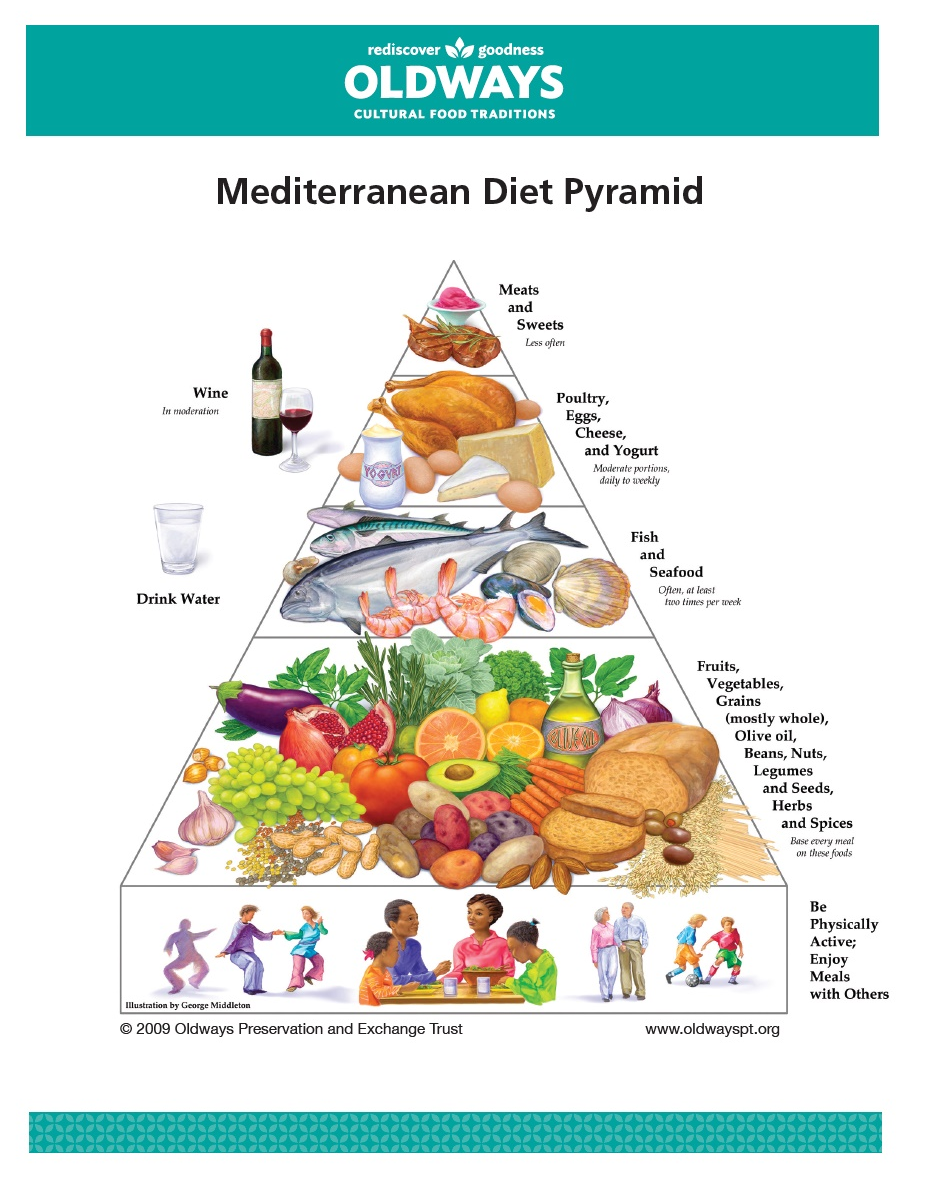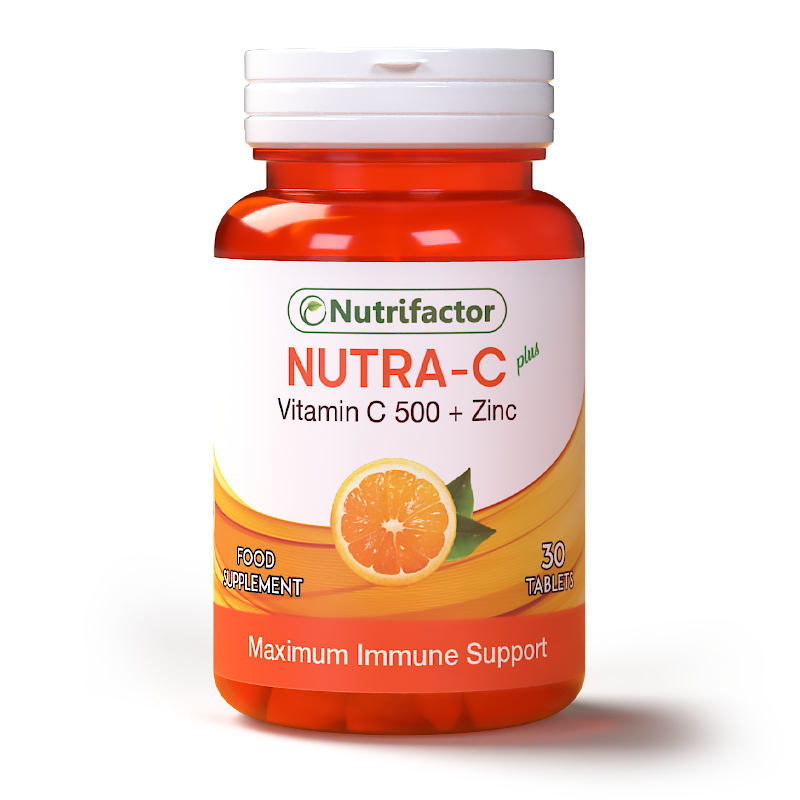
Navigating Post-Surgery Nutrition: Essential Guidelines for Optimal Recovery
After undergoing surgery, proper nutrition plays a pivotal role in the recovery process. Paying attention to post-surgery dietary considerations is crucial for optimizing healing, reducing complications, and regaining strength. Here’s a comprehensive guide to help you navigate the essential dietary guidelines during the post-surgery period.
Understanding the Post-Surgery Nutritional Landscape
The body undergoes significant stress during surgery, and proper nutrition is vital for rebuilding tissues and restoring energy levels. In the postoperative phase, the focus shifts towards supporting healing, managing inflammation, and addressing specific nutritional needs that may arise from the surgical procedure.
Balanced Macronutrients: Building Blocks for Recovery
A well-balanced intake of macronutrients remains fundamental post-surgery. Proteins are particularly crucial for tissue repair and maintaining muscle mass. Carbohydrates provide the necessary energy for the body’s increased metabolic demands during the healing process, while healthy fats support various bodily functions. Ensuring a balanced mix contributes to overall recovery.
Hydration: A Key Element in the Recovery Journey
Maintaining adequate hydration is essential post-surgery. Proper fluid intake supports the healing process, helps prevent complications such as constipation, and aids in medication absorption. Individuals should strive to drink enough water while considering any specific recommendations from healthcare professionals based on the nature of the surgery.
Micronutrients: Tailoring Nutrition to Individual Needs
Depending on the type of surgery, specific micronutrients may play a crucial role in the recovery process. For instance, surgeries that impact bone health may require additional calcium and vitamin D. Consulting with healthcare providers to identify individual nutritional needs based on the surgical procedure is essential for a targeted approach.
Fiber and Digestive Health: Managing Postoperative Discomfort
Introducing fiber-rich foods into the post-surgery diet can help manage digestive discomfort often associated with anesthesia and medications. Whole grains, fruits, and vegetables can aid in preventing constipation and promoting overall gastrointestinal health. However, it’s advisable to introduce fiber gradually to avoid any potential digestive issues.
Avoiding Certain Foods: Navigating Dietary Restrictions
In some cases, specific dietary restrictions may be necessary post-surgery. For example, individuals may need to avoid certain types of foods that could interfere with medications or pose a risk of complications. Following healthcare provider recommendations regarding dietary restrictions is crucial for a safe and smooth recovery.
Probiotics: Supporting Gut Health and Immunity
Post-surgery, the balance of gut bacteria may be disrupted due to various factors, including the use of antibiotics. Incorporating probiotics into the diet can help restore and maintain a healthy gut microbiome, supporting digestion and overall immune function. Probiotic-rich foods or supplements may be recommended based on individual needs.
Caloric Intake: Adjusting to Individual Requirements
The body’s caloric needs may vary post-surgery based on factors such as age, weight, and the extent of the surgical procedure. Monitoring caloric intake and adjusting it to meet individual requirements is crucial for maintaining energy levels and supporting the body’s healing processes. Healthcare professionals can provide personalized guidance in this regard.
Gradual Progression: Transitioning Back to Regular Diet
As the recovery progresses, individuals can gradually reintroduce a wider variety of foods into their diet. Slowly transitioning back to a regular, well-balanced diet ensures that the digestive system adapts without causing undue stress. It’s important to listen to the body’s signals and make adjustments as needed.
Consulting Healthcare Professionals: Individualized Guidance for Optimal Recovery
Throughout the post-surgery period, regular communication with healthcare professionals is key. They can provide personalized guidance, monitor progress, and make adjustments to the dietary plan as needed. Open communication ensures that any emerging issues are addressed promptly, contributing to a successful recovery.
In conclusion, paying careful attention to post-surgery dietary considerations is essential for optimizing recovery and promoting overall well-being. For more detailed insights on post-surgery nutrition, you can explore additional information here. Remember, individualized guidance from healthcare professionals is crucial for tailoring dietary recommendations to your specific needs and ensuring a smooth recovery journey.




